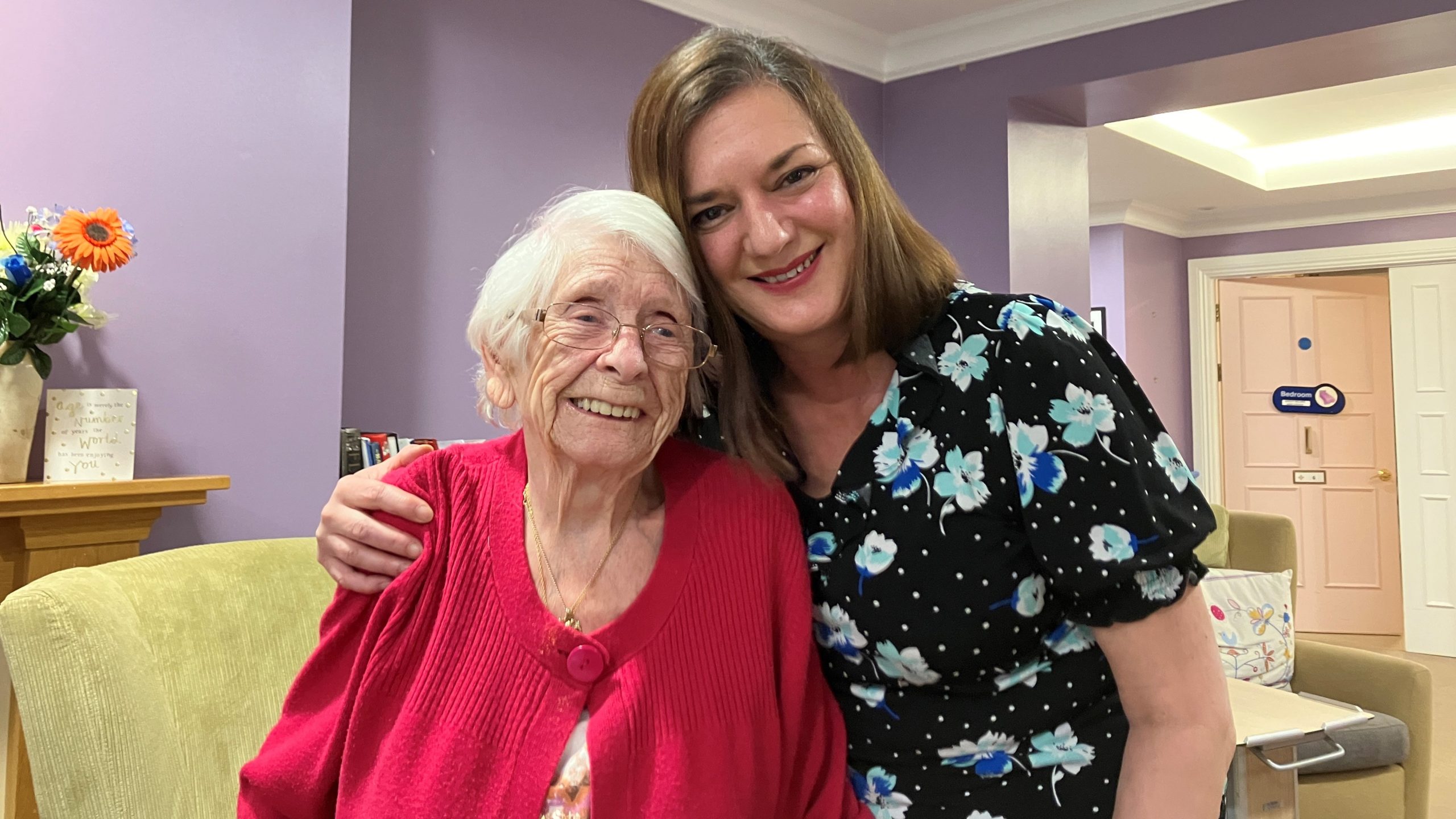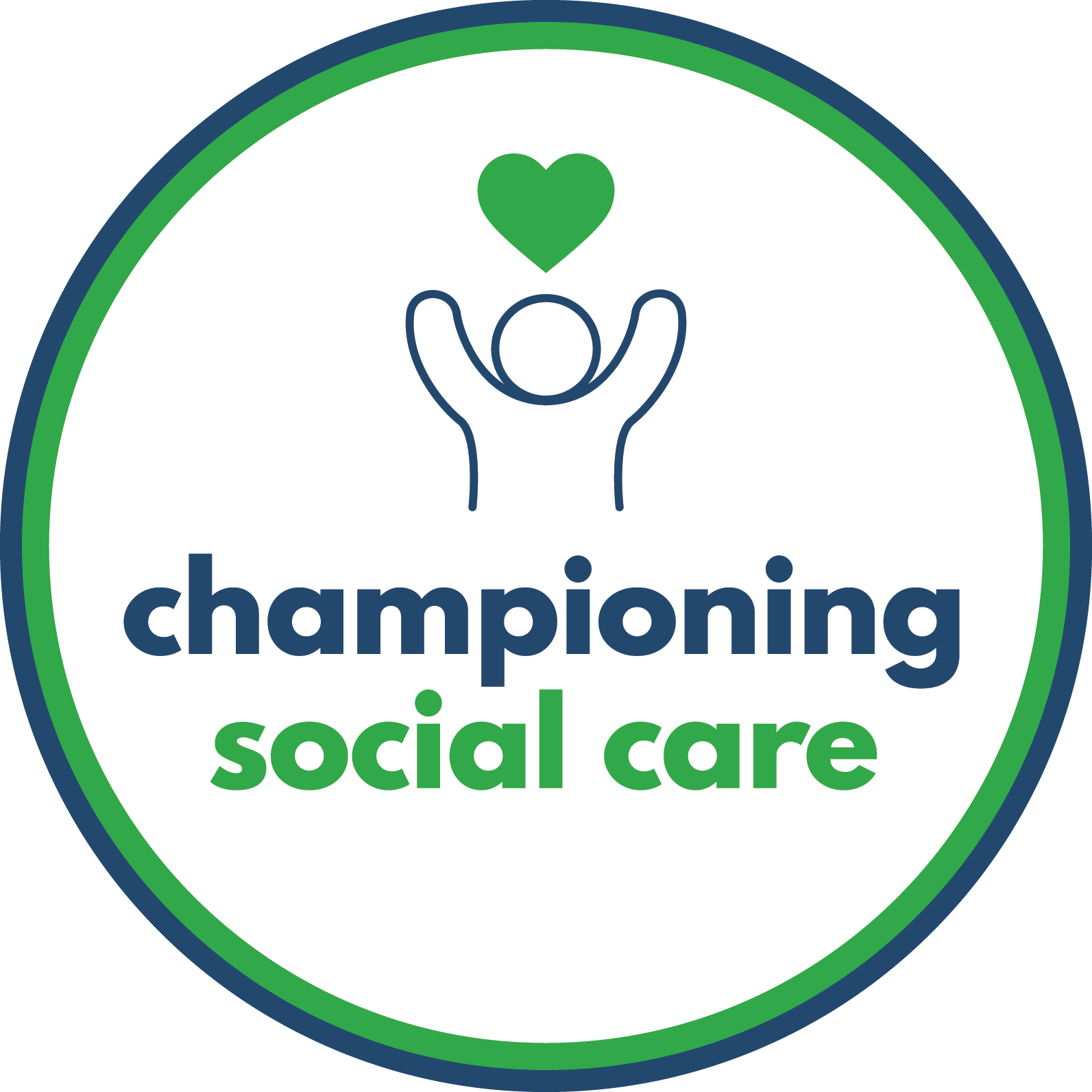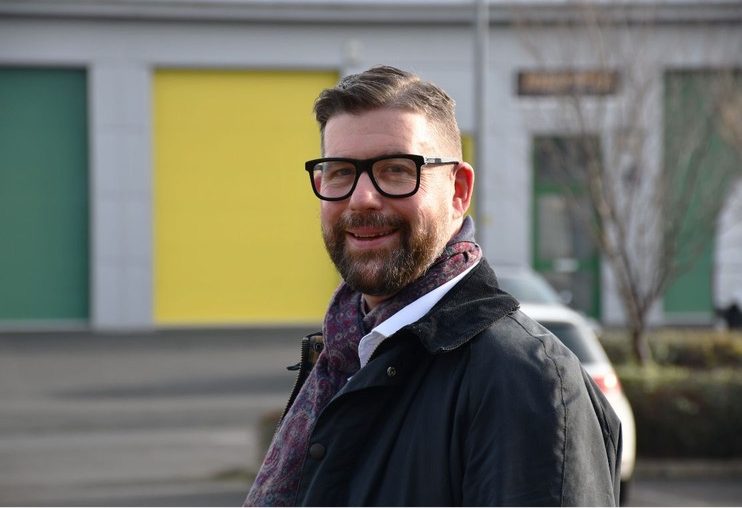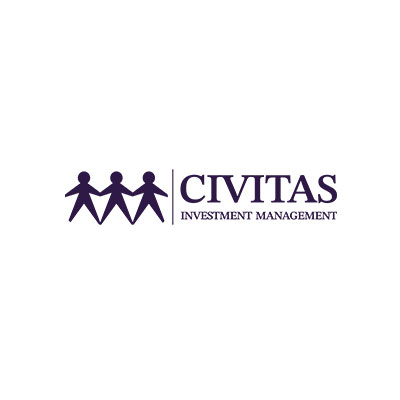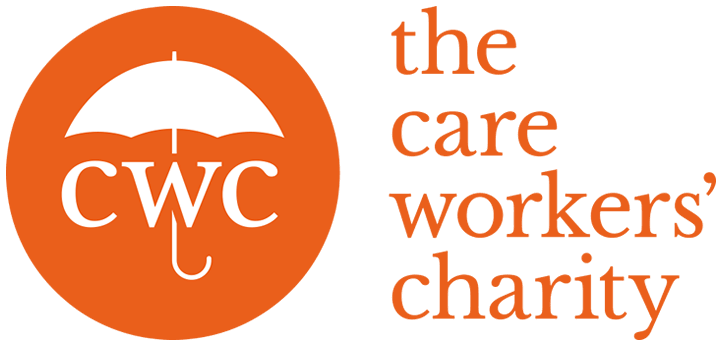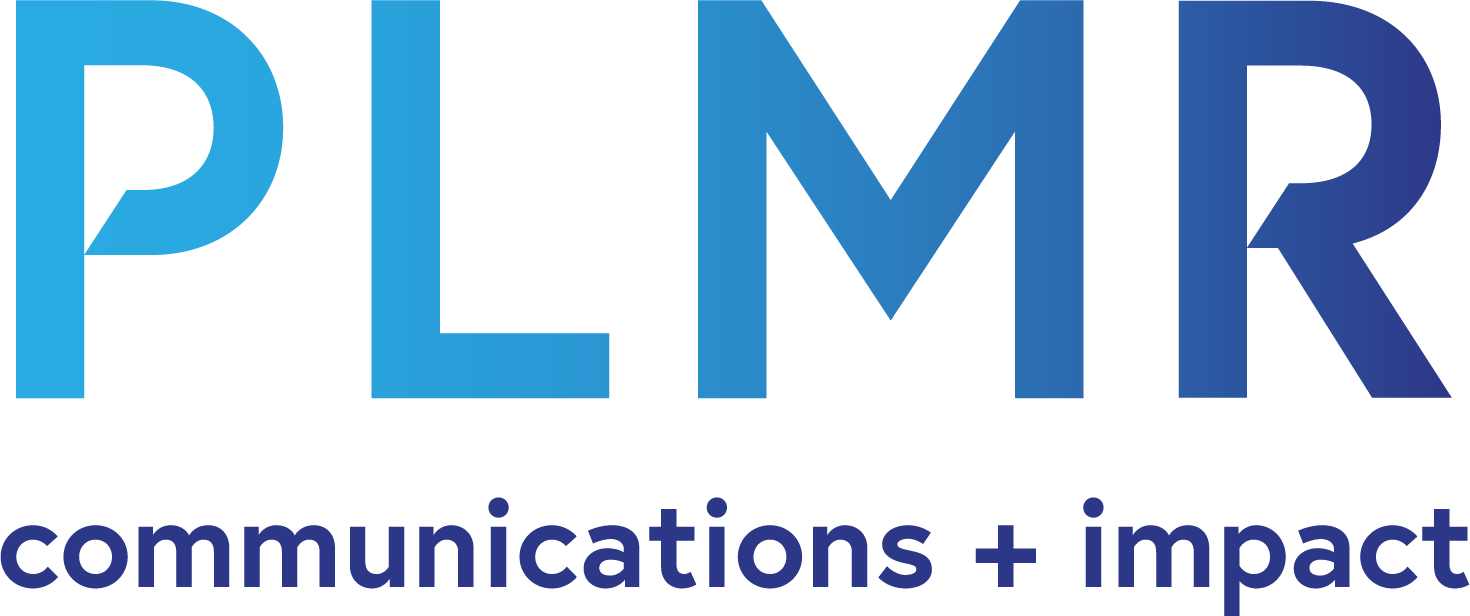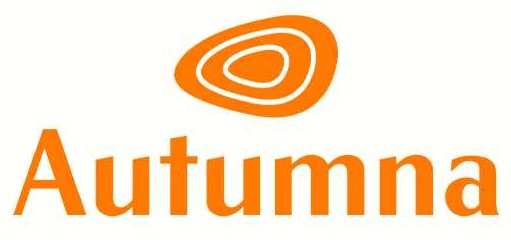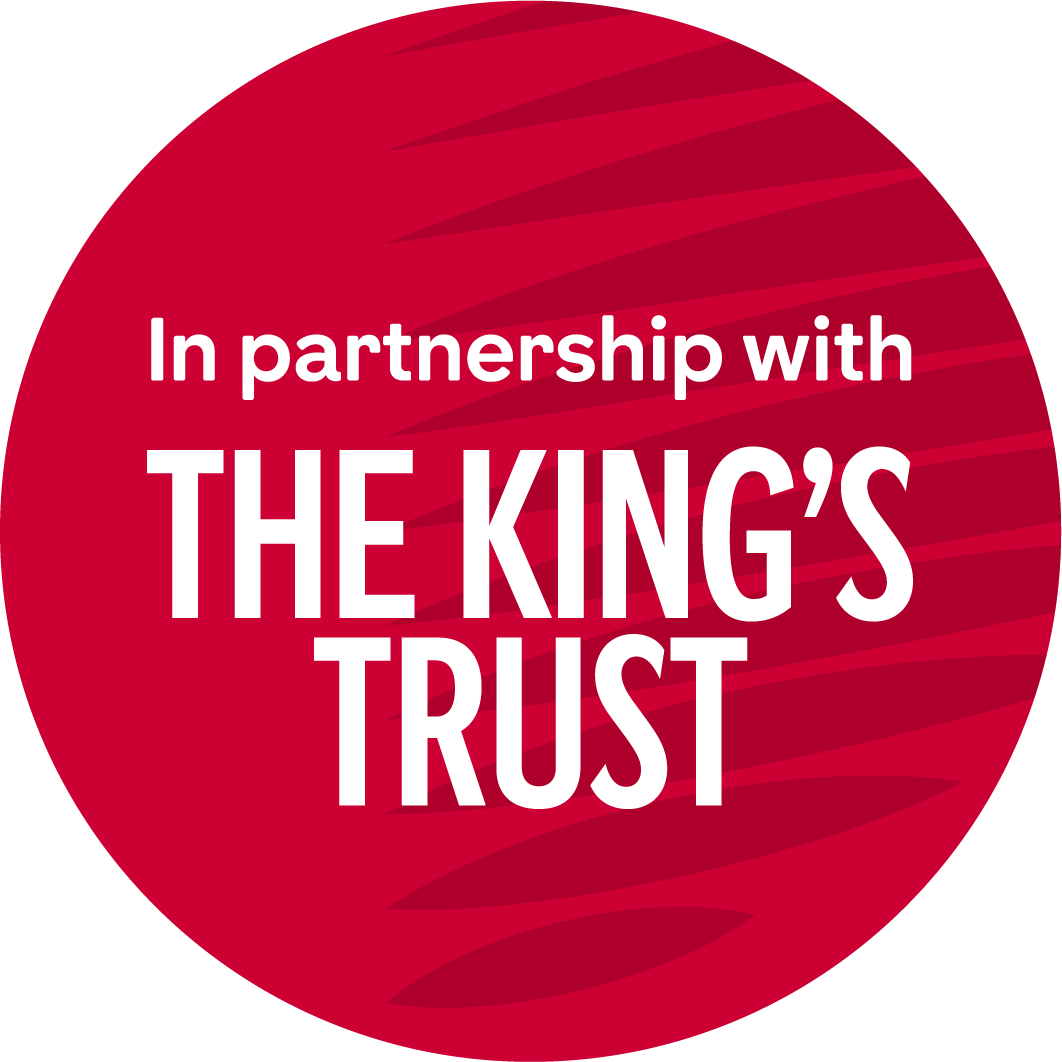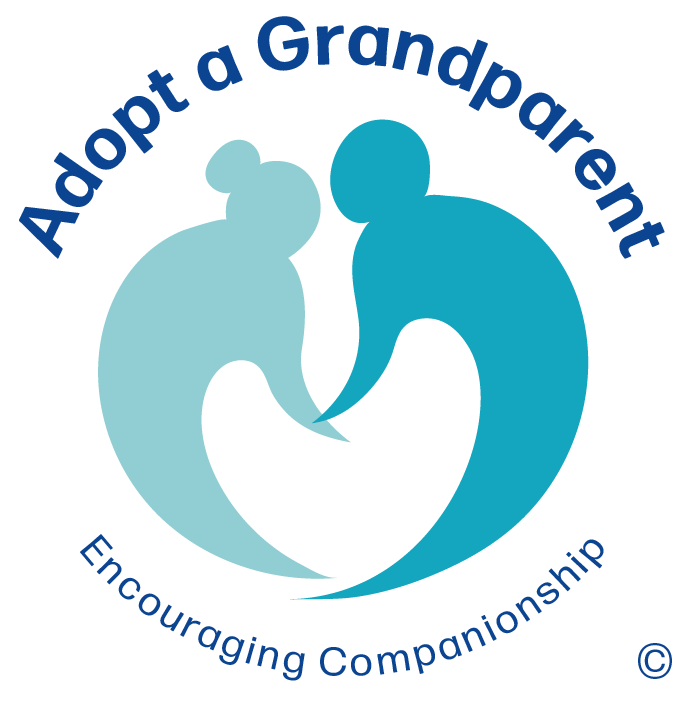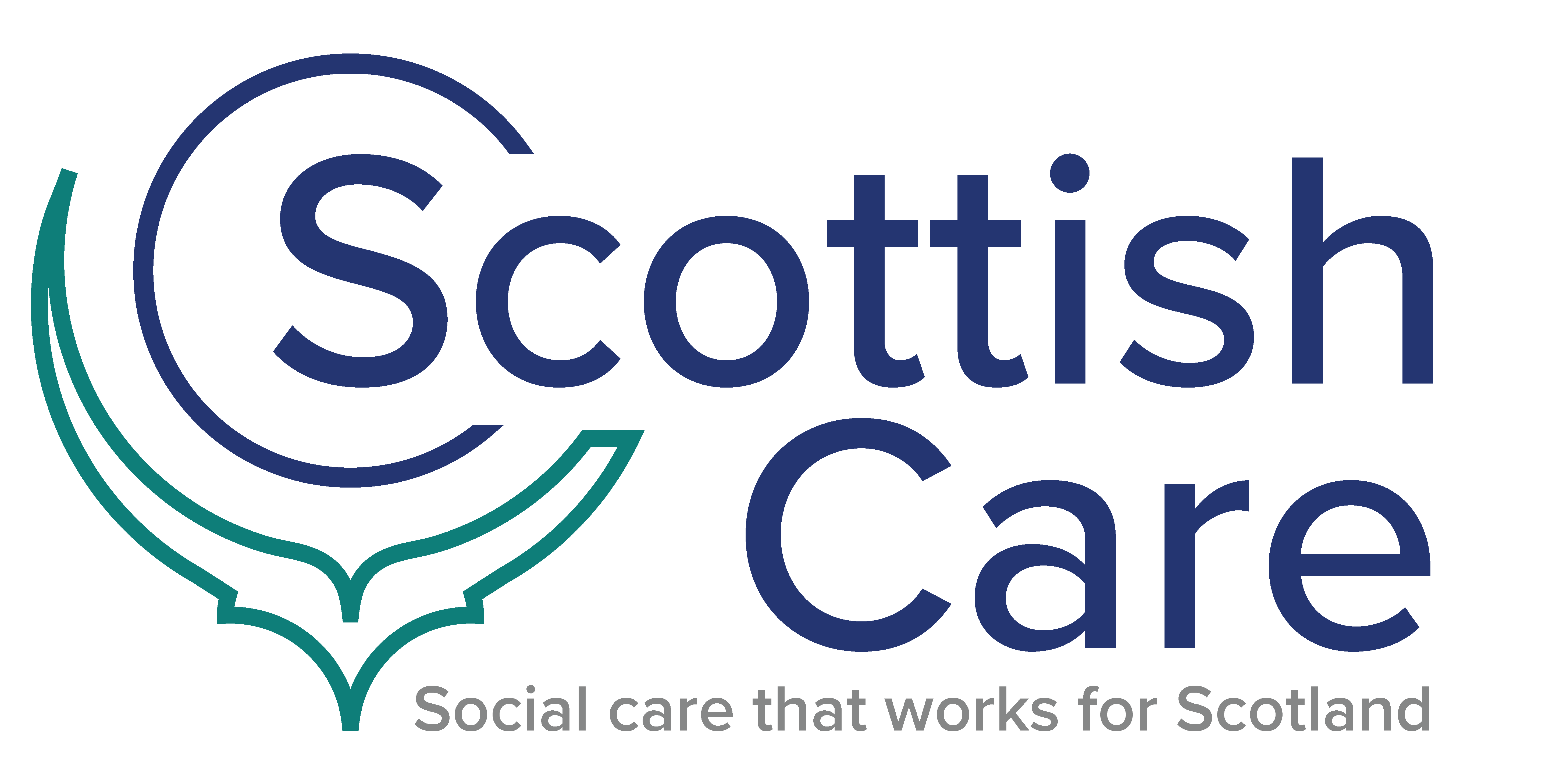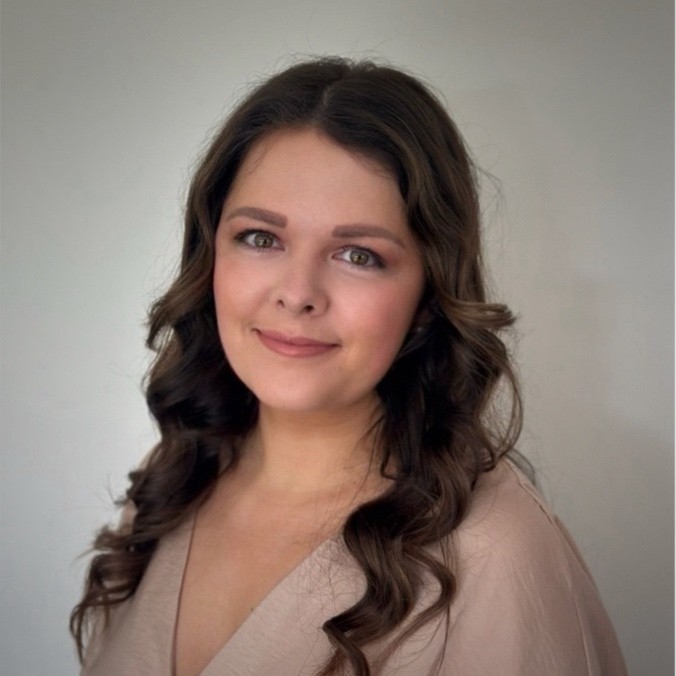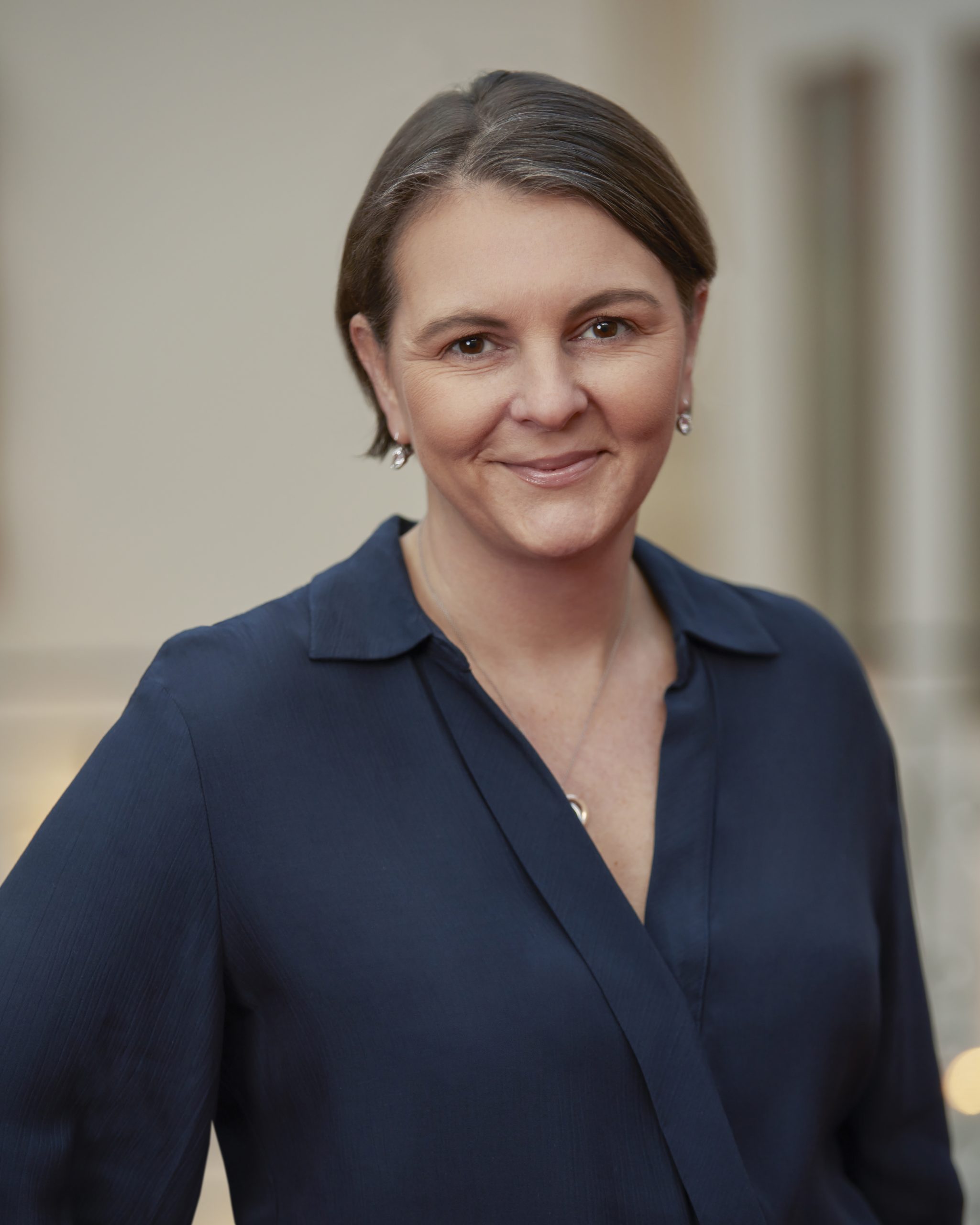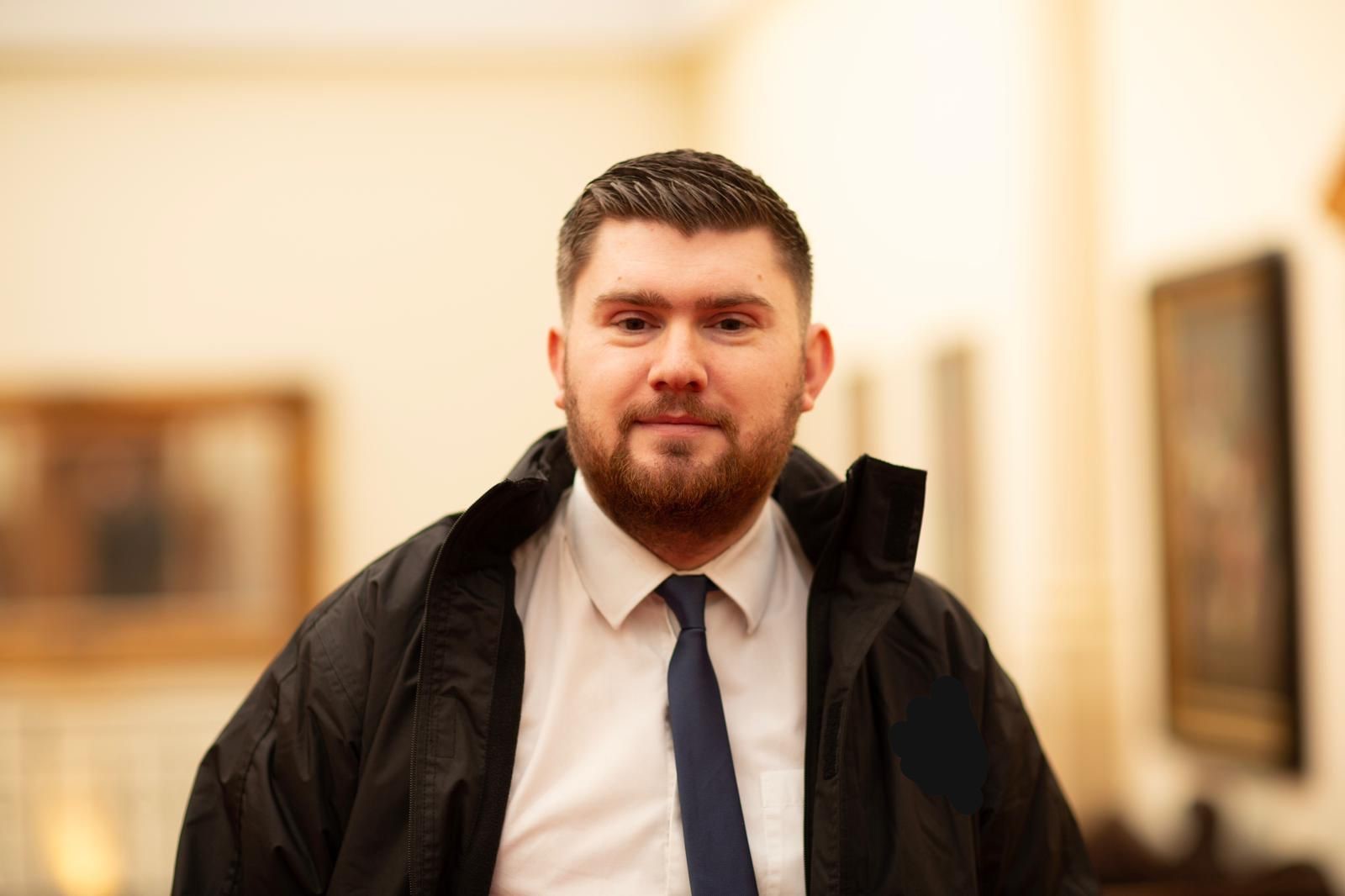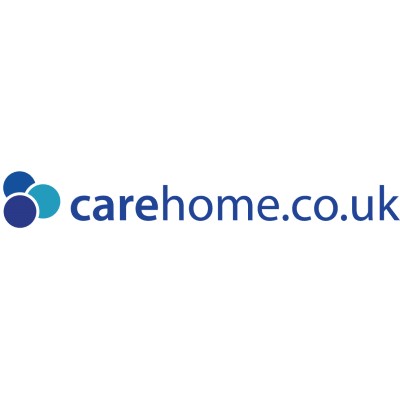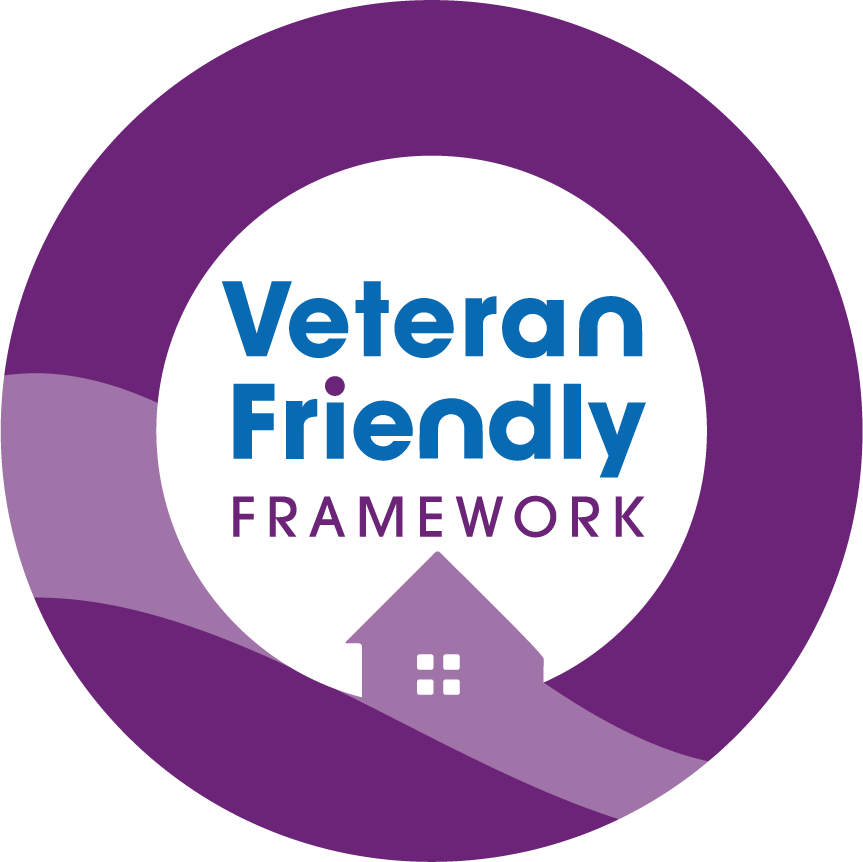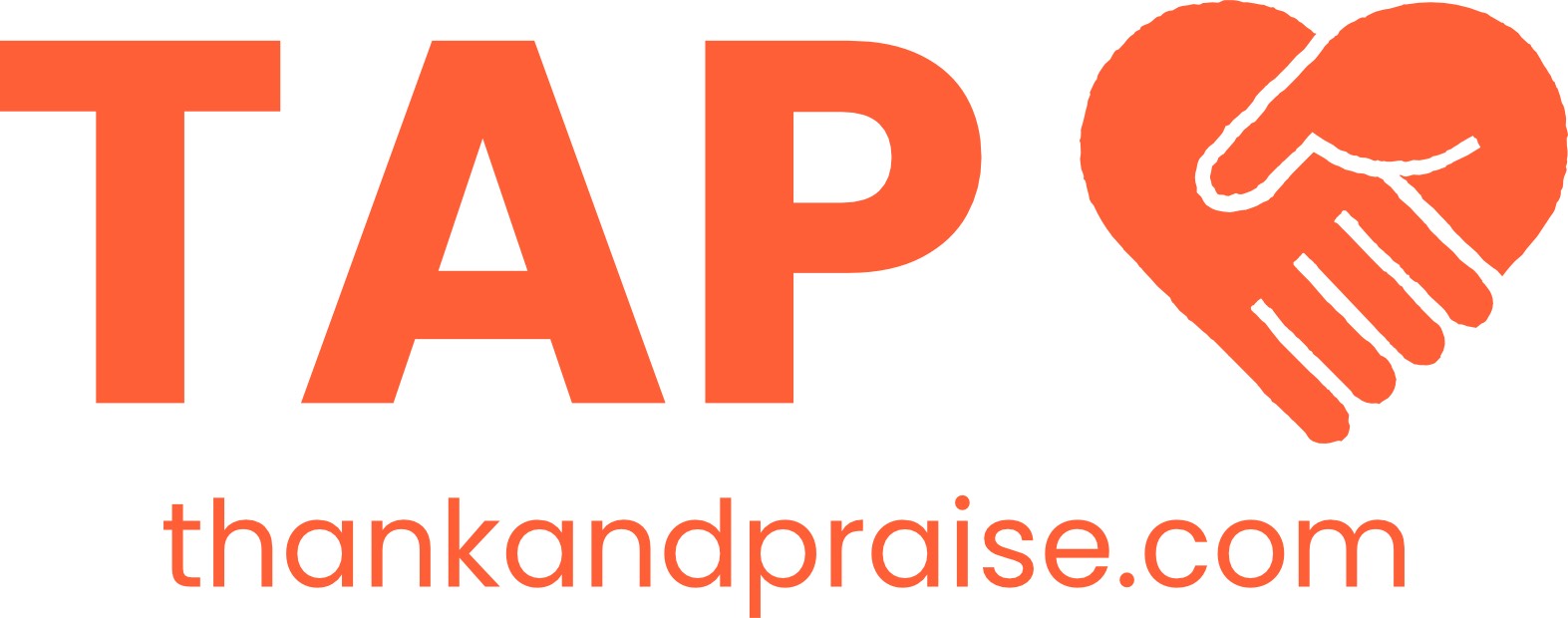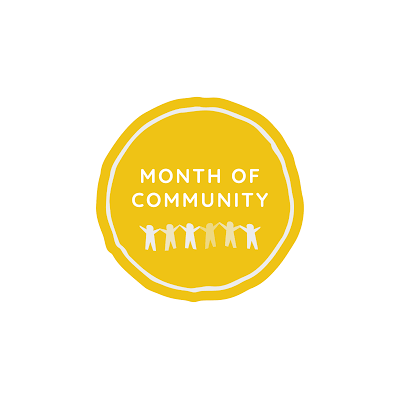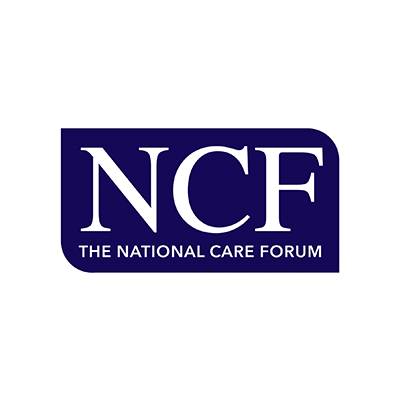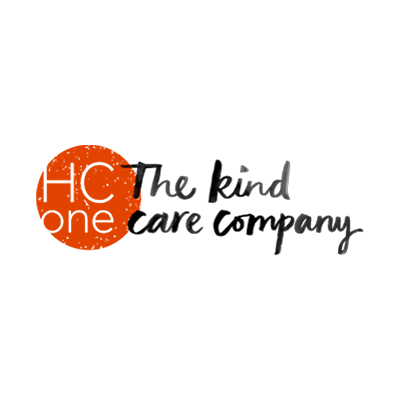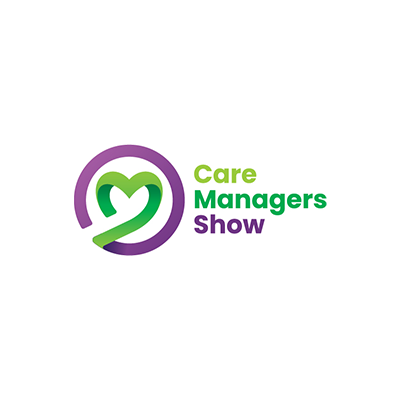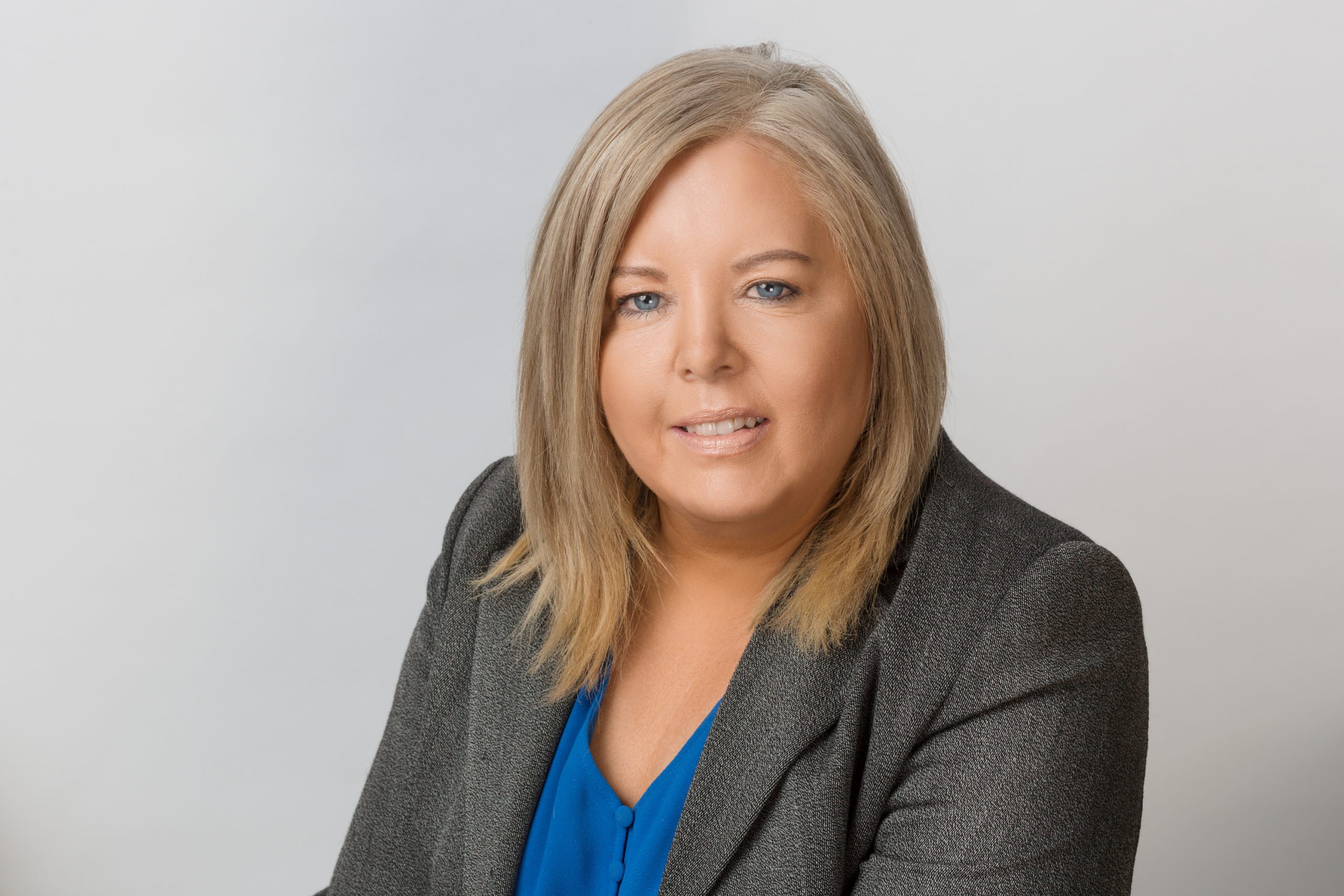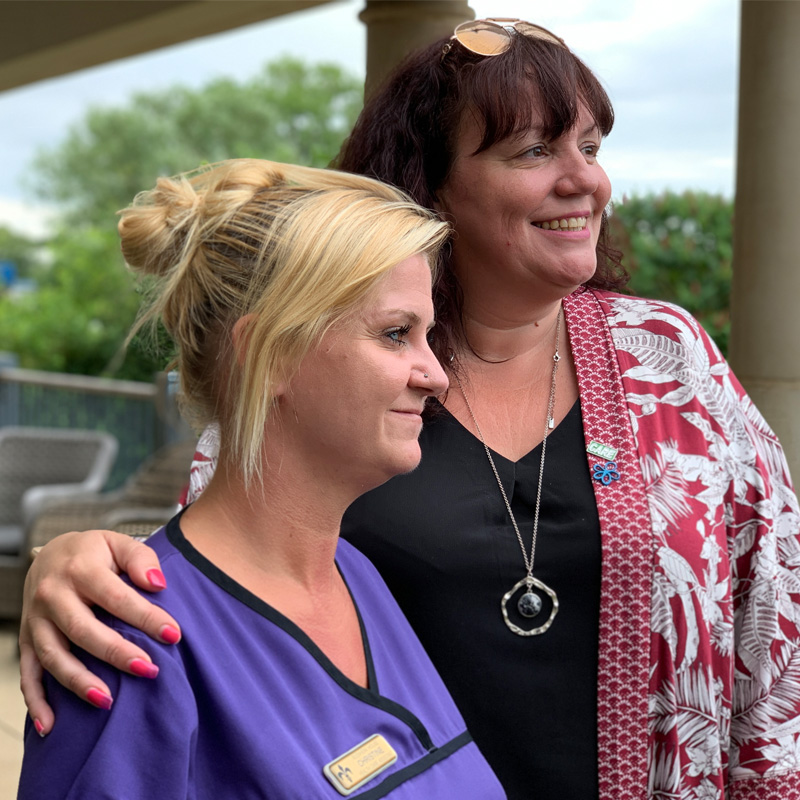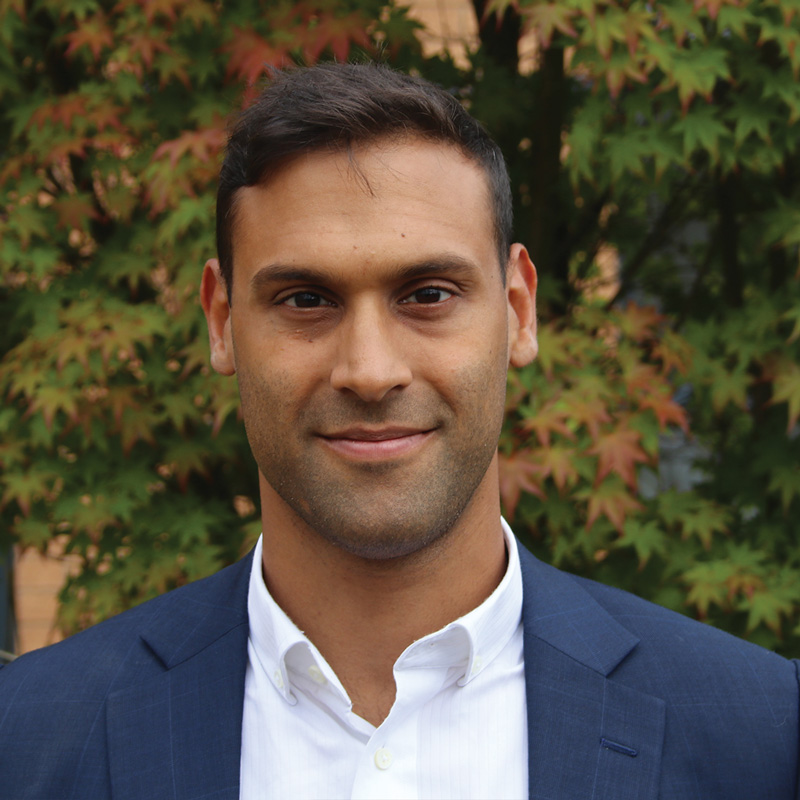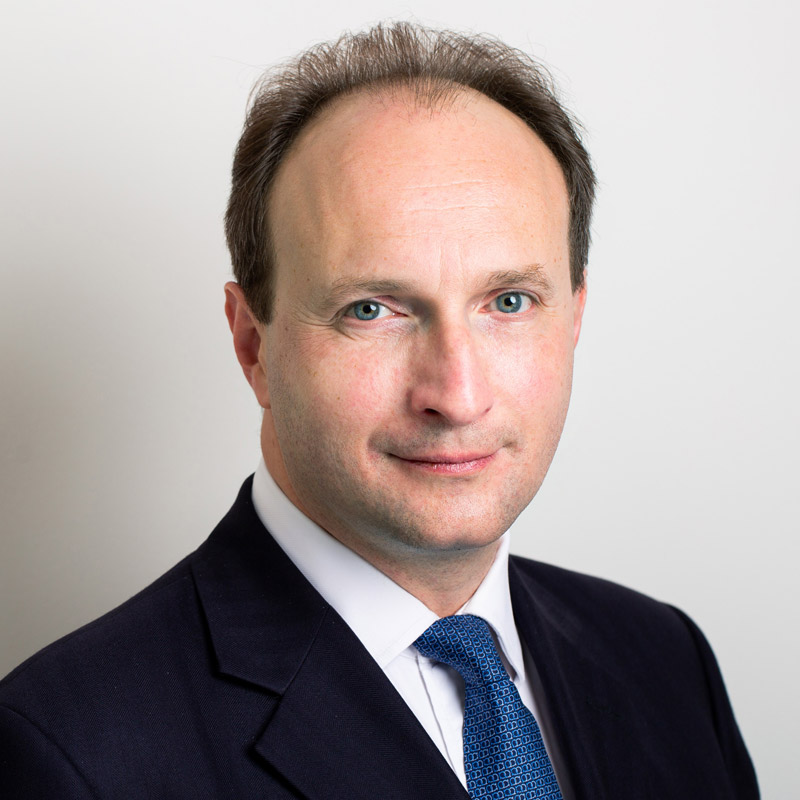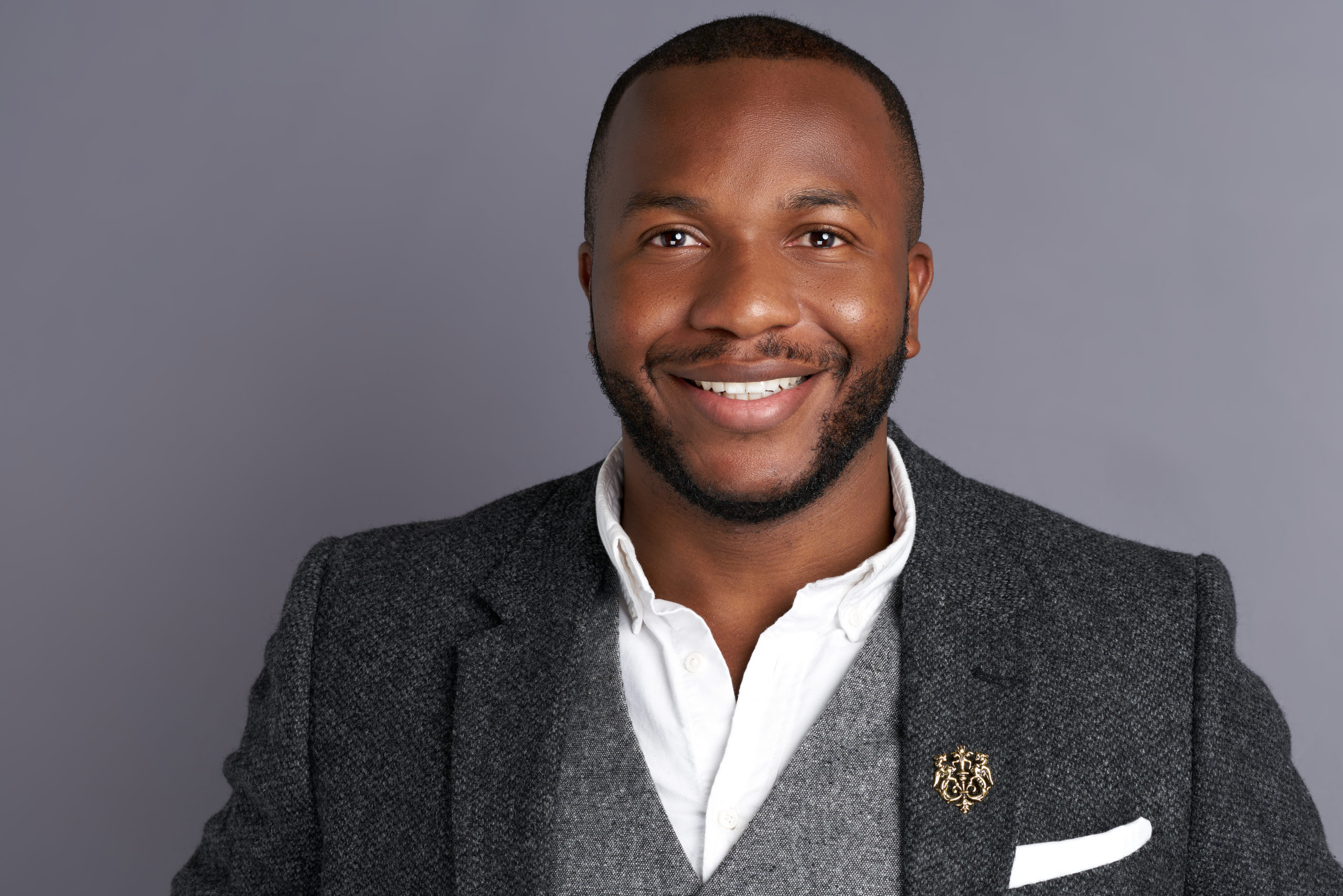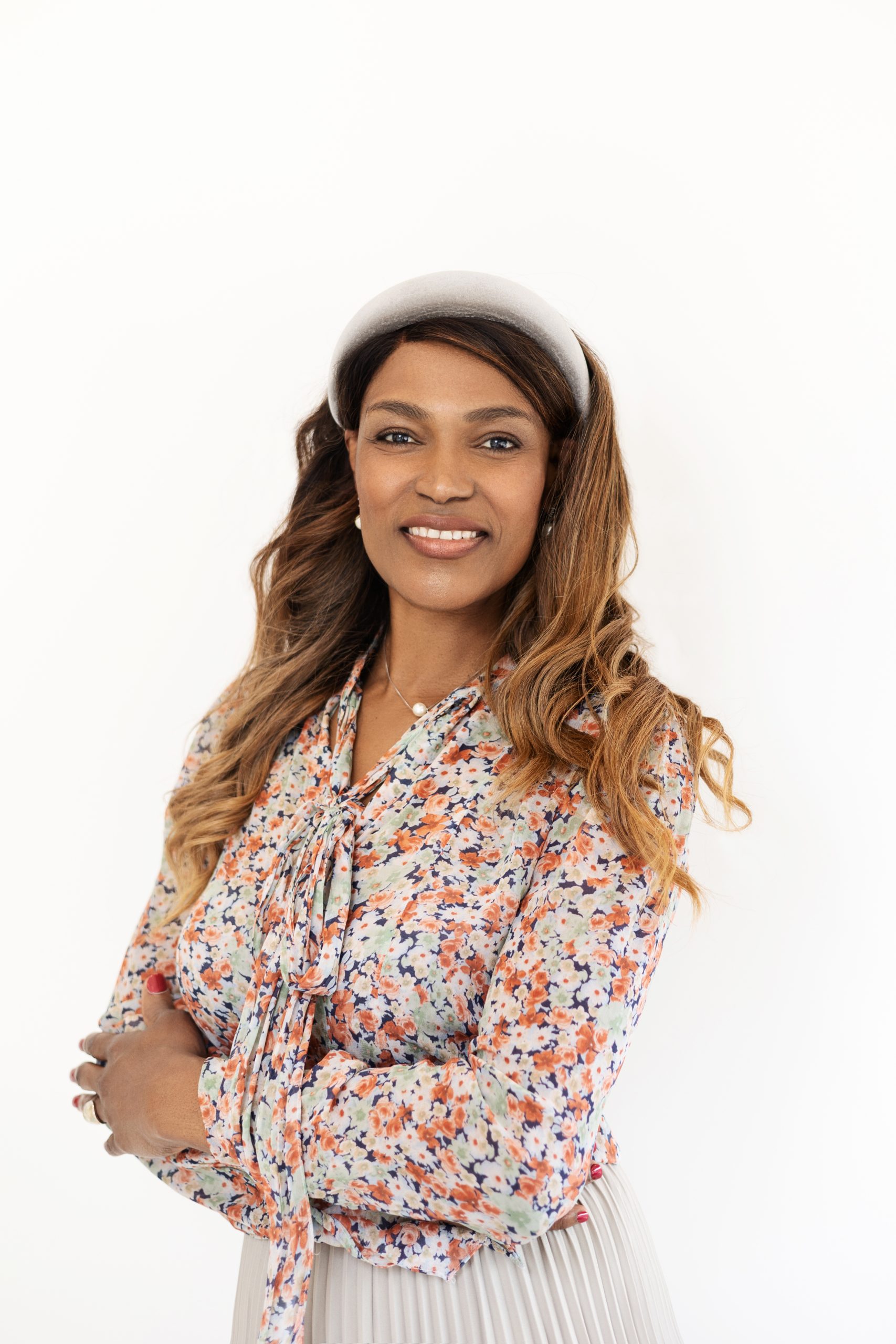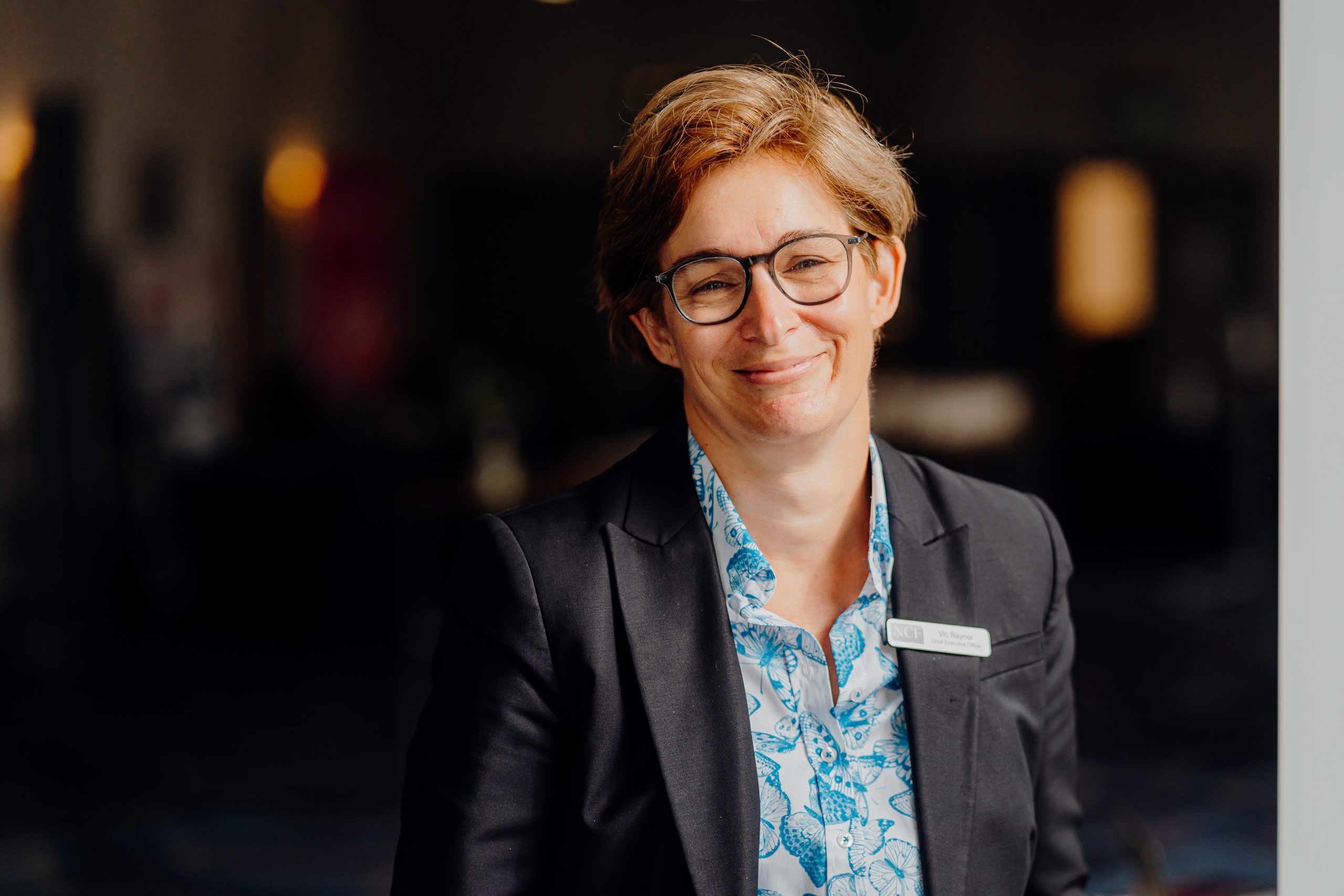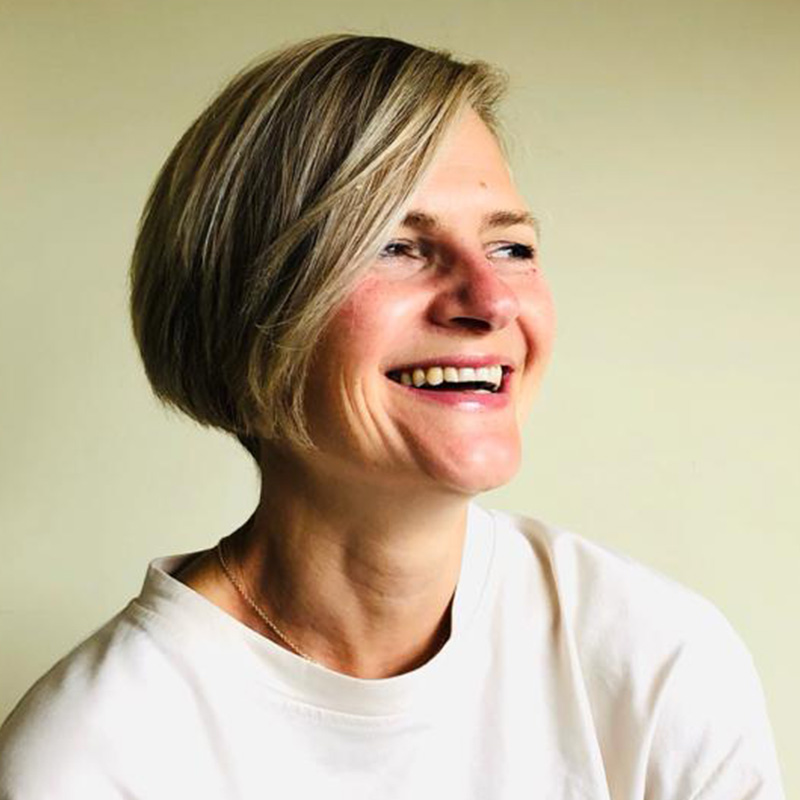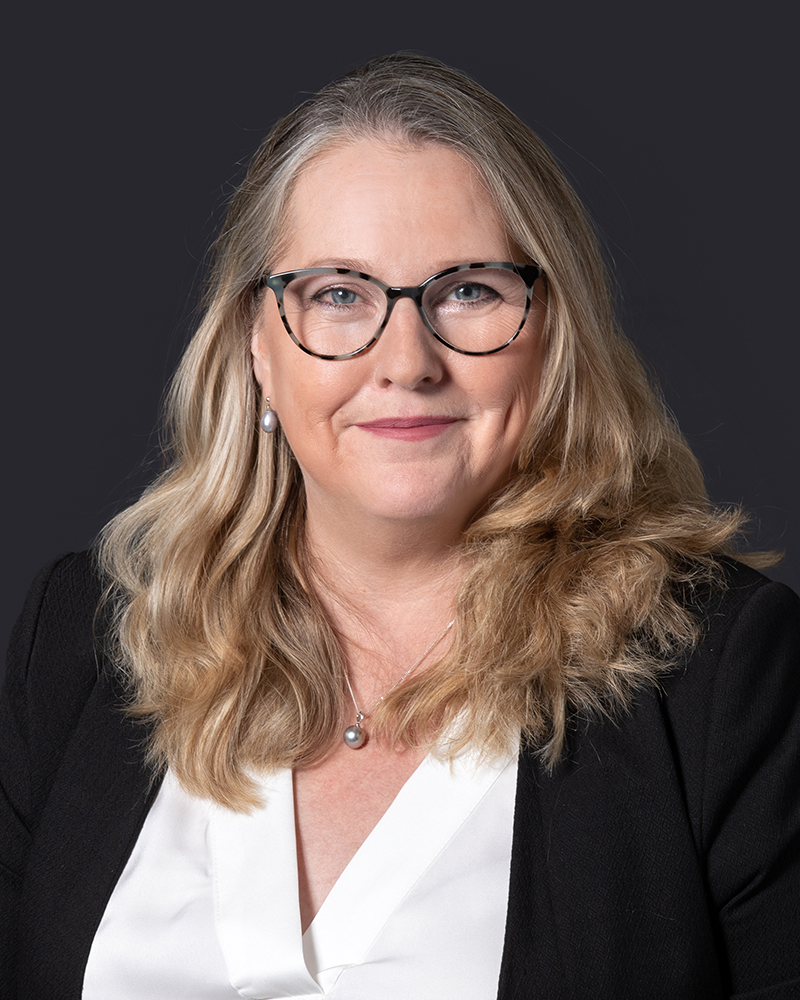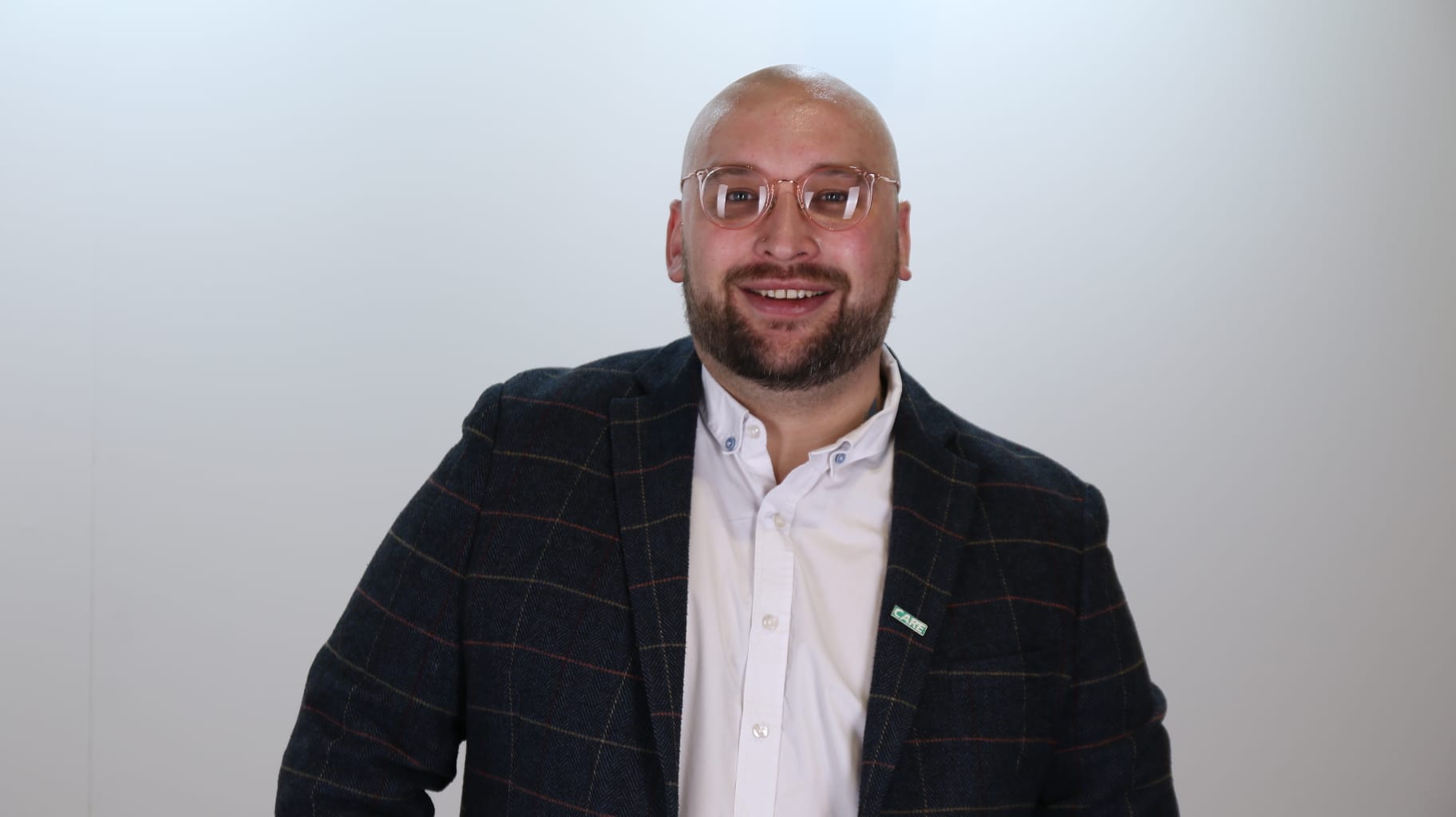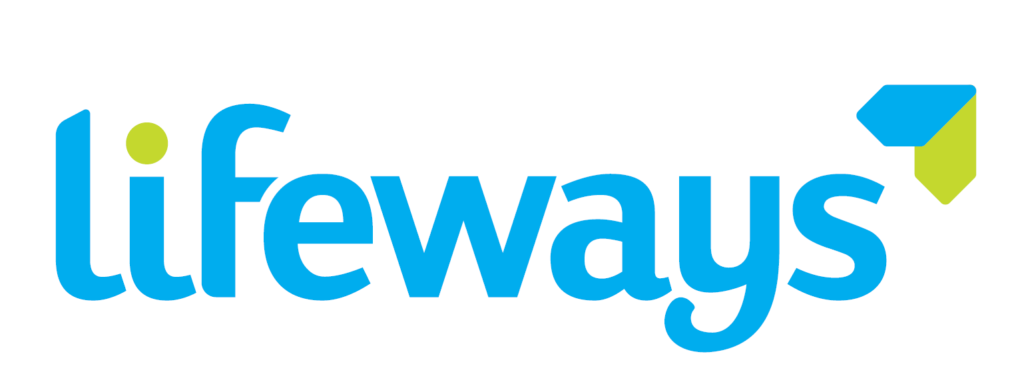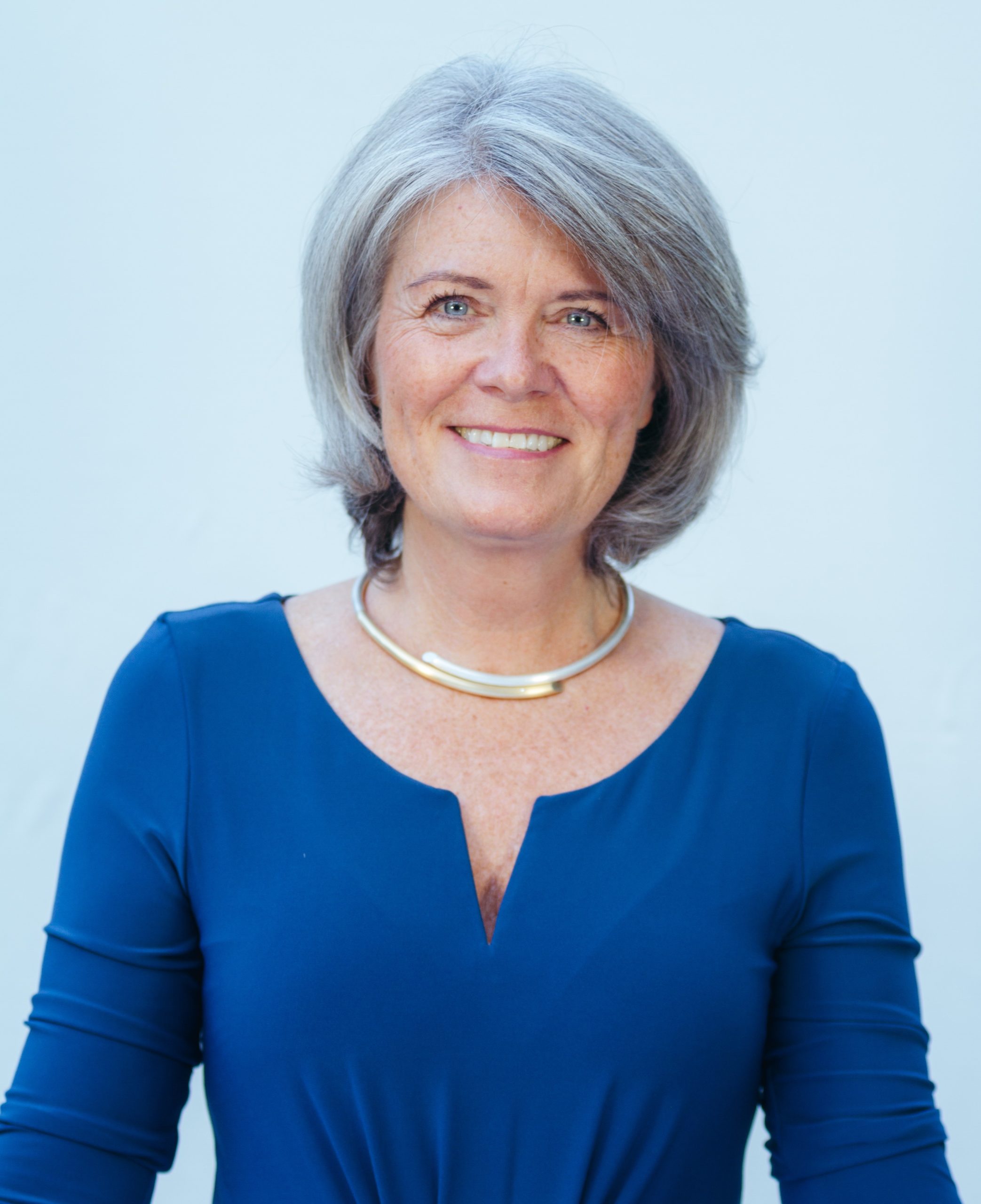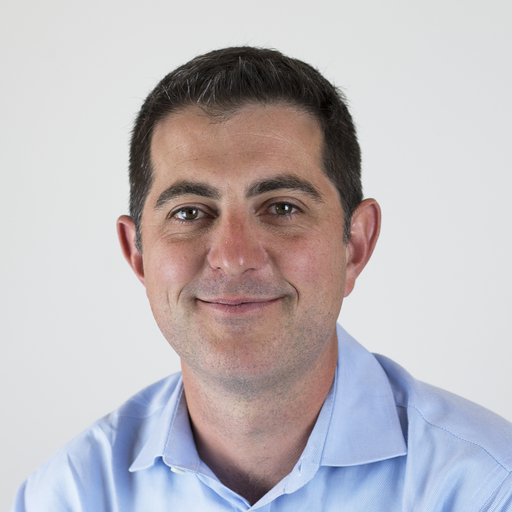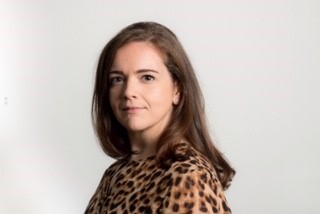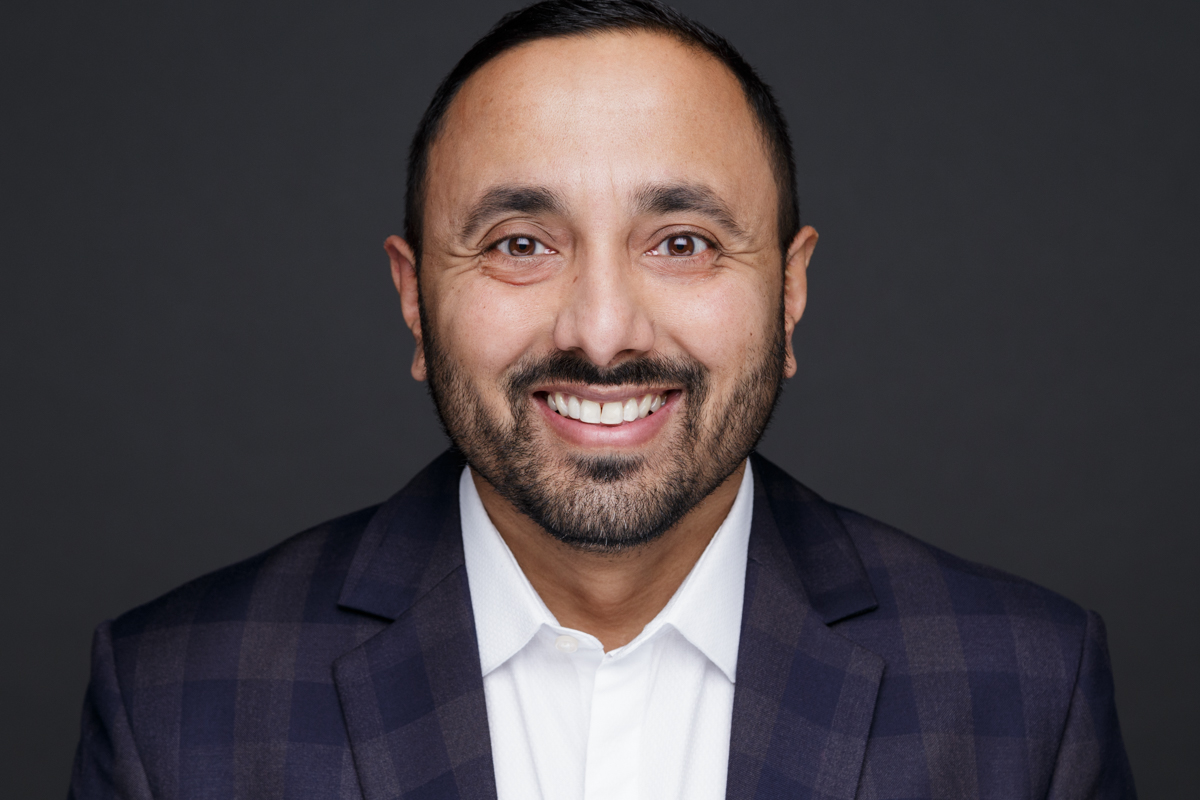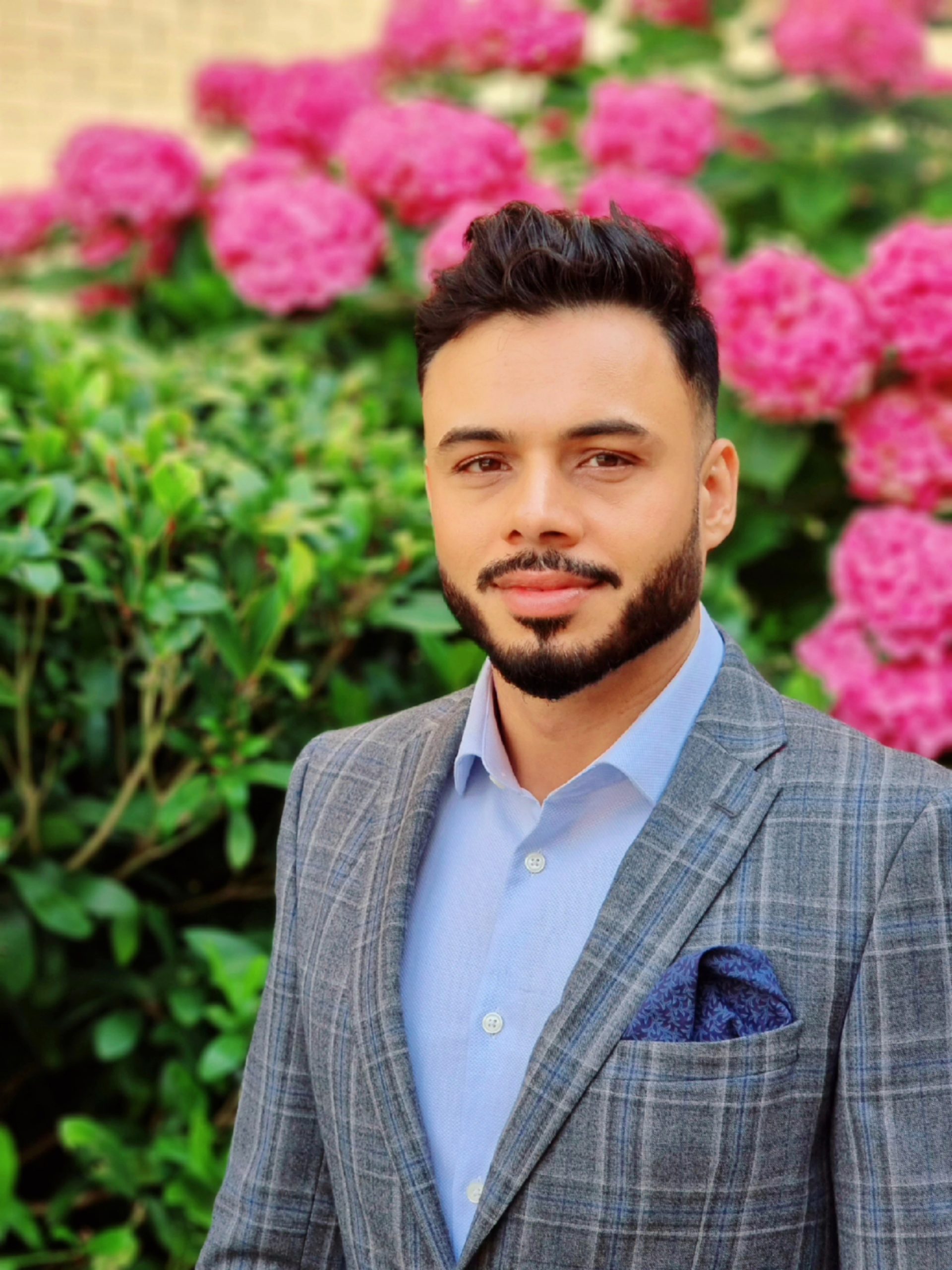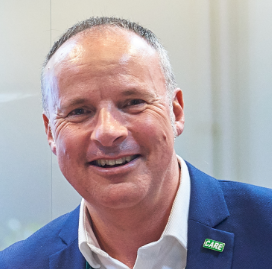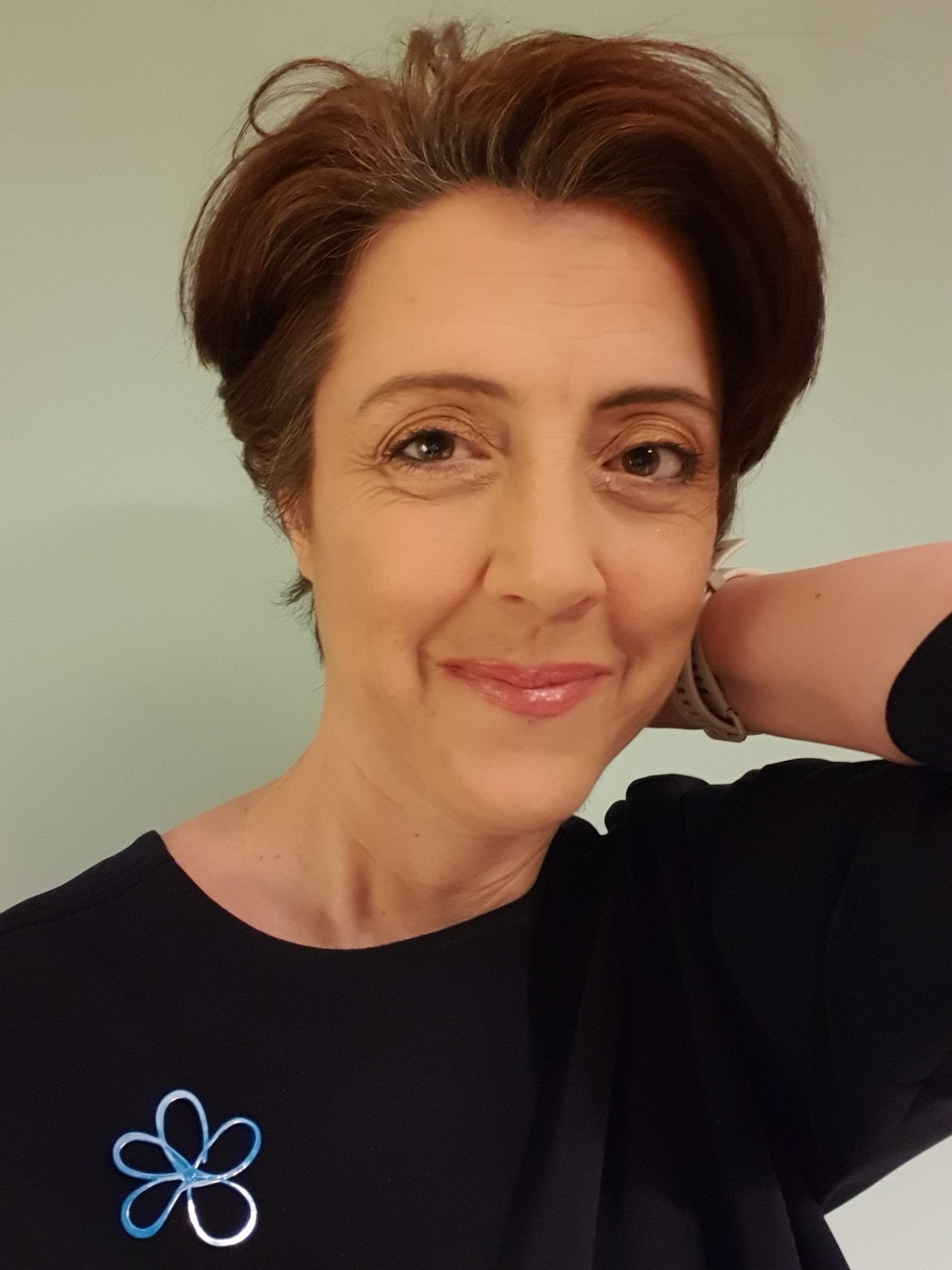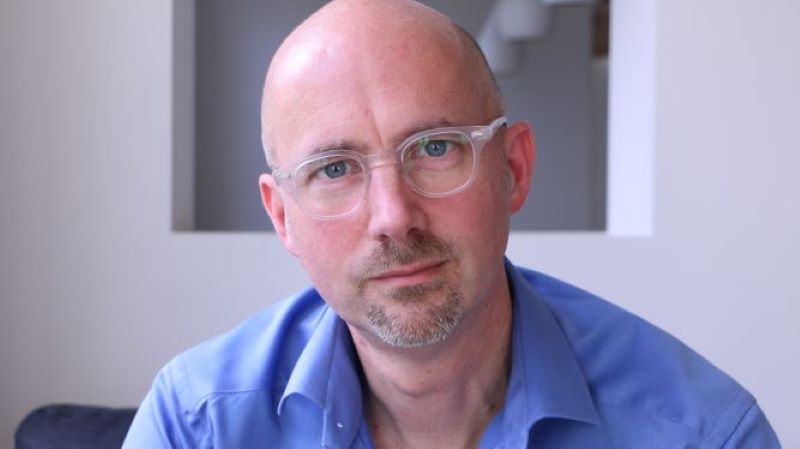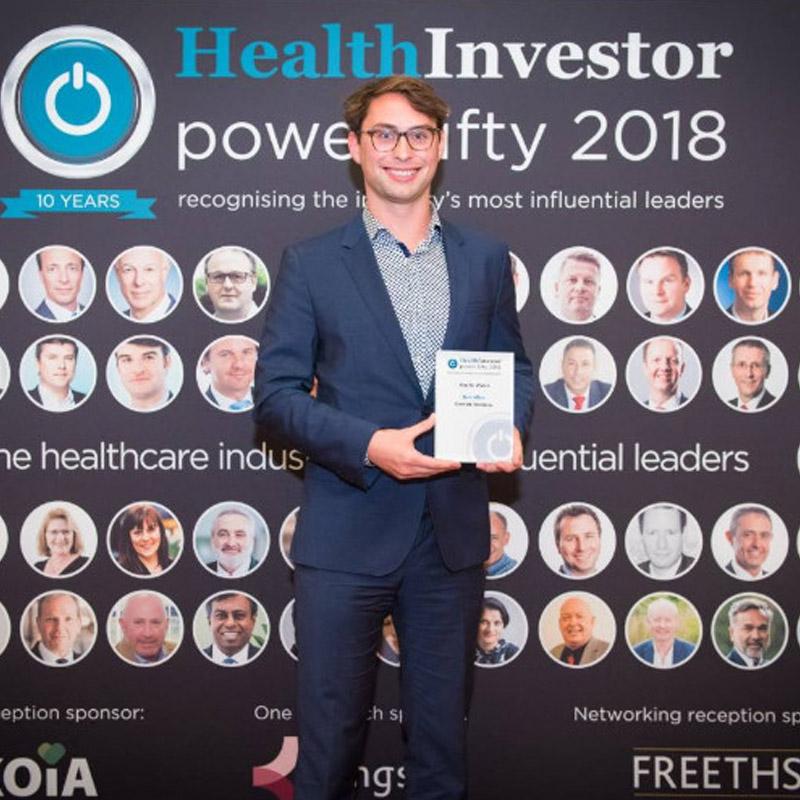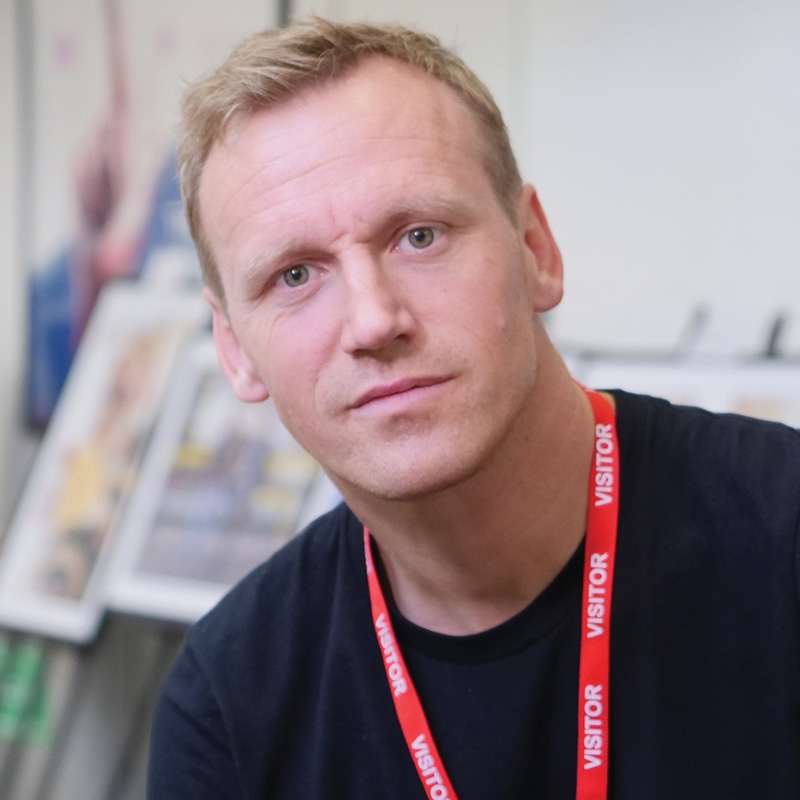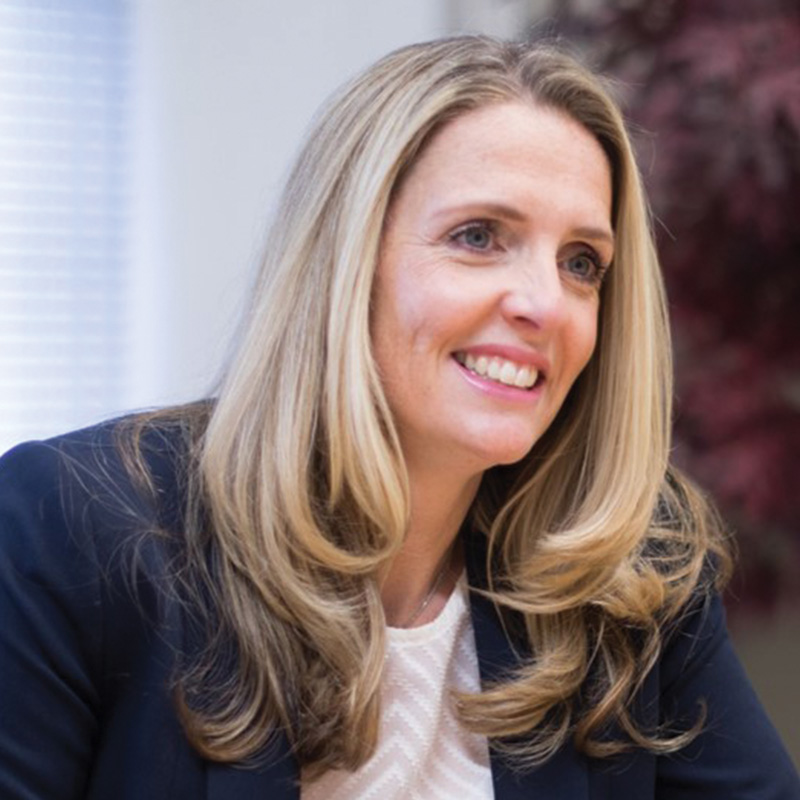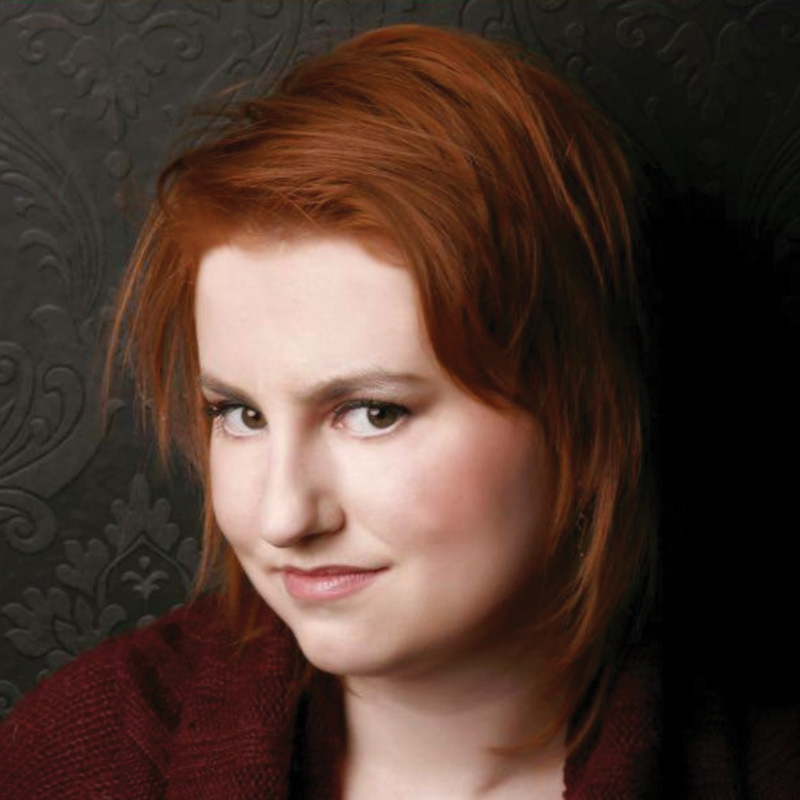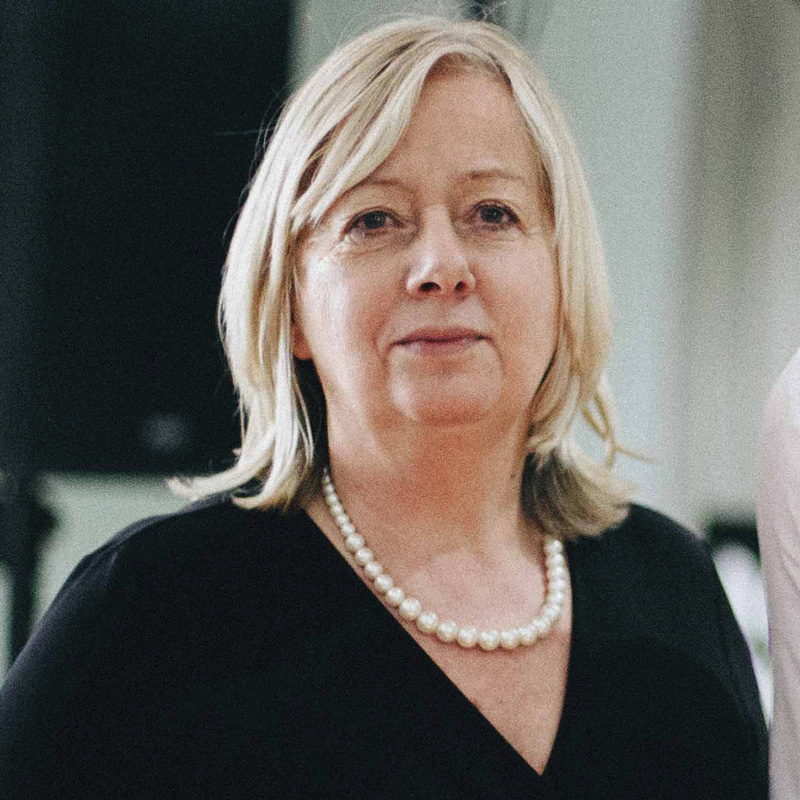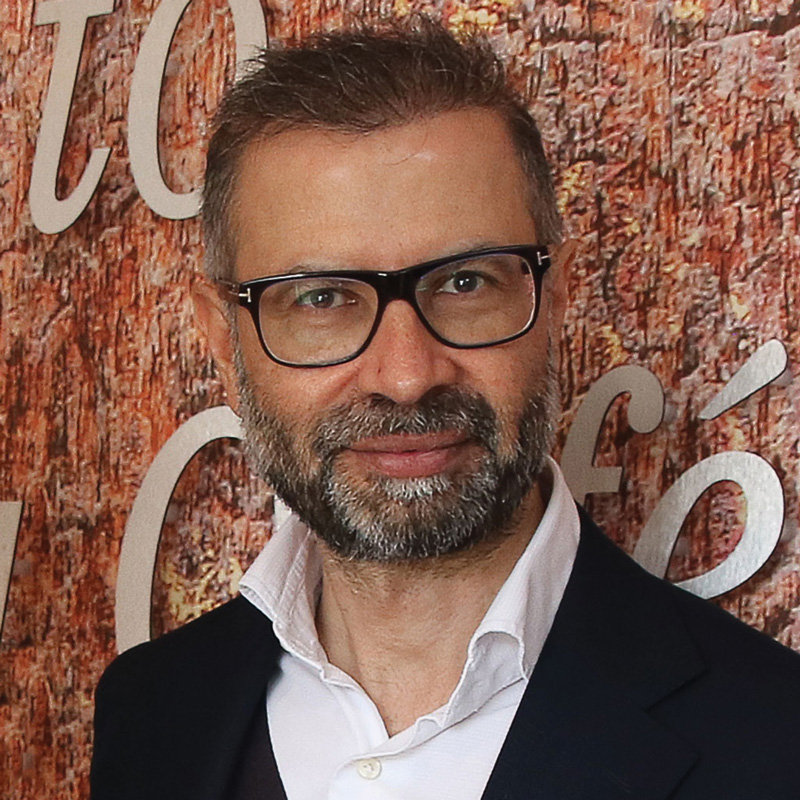As we approach Care Home Open Week, we are delighted to highlight the Veteran Friendly Framework which is designed to help providers offer appropriate support for the thousands of veterans living in care homes across England.
The Framework supports care home staff in identifying veterans and their wellbeing needs, addressing social isolation and providing signposting to statutory and charitable services. It is a quality improvement programme and is free to care providers.
Helena Maher is the Home Manager at Royal Star & Garter in Surbiton. The care home provides loving, compassionate care to veterans and their partners living with disability or dementia, and was one of the first in the country to achieve Veteran Friendly Framework (VFF) status. Here, Helena discusses the “wonderful opportunity” the VFF presents to care homes.
Helena’s blog: It was a great feeling to achieve VFF status. We’re a military care home that was already providing exceptional person-centred care, but getting the VFF on top of that really reflects the great work we do here. It’s a form of validation within the sector and confirms we are achieving a high level of care.
We really recognise veterans and their partners, their wants and needs. We talk to them on a personal level about their past military service. We understand what they did and how they did it, and what it was like when they served. It’s part of our person-centred care and it makes the resident feel valued, understood and appreciated.
The VFF is about understanding the military mindset, someone’s previous service or, if they’re a partner, the things they’ve done to support that person through their career. It’s about recognising their service to this country, and I think all this has a huge positive impact on their mental health and wellbeing. The VFF also helps promote person-centred activities such as military-focused outings or events in the Homes, which keeps alive the Armed Forces’ ethos and tradition.
Thanks to the VFF, there is the scope for collaborative working with external clinical services. We’re forging better links with military welfare officers in hospitals, which is a great asset to have. When one of our residents is admitted, staff there will better understand their background. And as more and more Homes and NHS services get accredited, there will be endless opportunities for collaborative working and joined-up care. It will also continue to raise awareness of our veterans and their partners and the challenges they face when accessing support in the secondary healthcare arena.
I would be very happy to share our military expertise and experiences with other care homes going through the VFF process. I have learned a lot about the military ethos since I joined Royal Star & Garter in 2019. It can be difficult to gain otherwise, so hopefully I can provide some knowledge and support to someone that needs it.
We’ve spent the past year building our VFF portfolio and developing action plans, and as a result of the hard work, we’ve passed our one-year VFF reassessment. I’m incredibly proud of the staff here, the team are so highly motivated and driven to deliver excellence to the people they look after.
The VFF is going to be a learning journey for some care homes. But, in my view, it should be a priority. I think it’s a wonderful opportunity for a care home to learn and widen their knowledge about a very special, select group of people.
So, I’m fully supportive of this and I think it’s amazing. It does involve hard work, but it’s worth it – the result is you’re improving the person-centred care you deliver, and you’re improving residents’ wellbeing. In fact, the whole standard of care should improve, for all residents living in a care home.
Any care homes interested in receiving more information about the VFF can visit http://veteranfriendlyframework.org.uk, email gro.r1751281211etrag1751281211dnara1751281211ts@FF1751281211V1751281211 or call 07425 326070.
